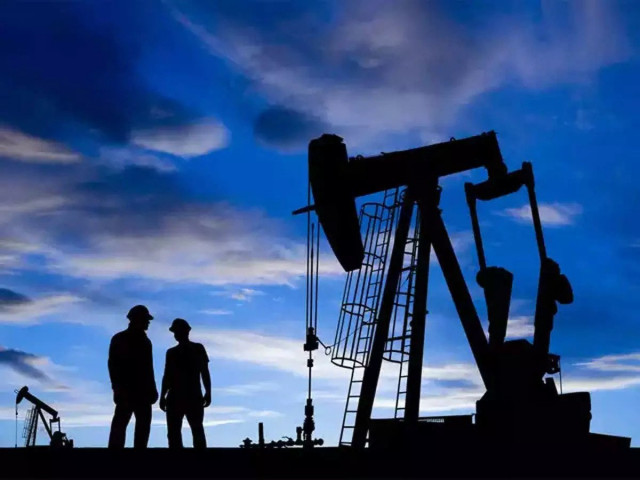Oil refining policy to be presented to cabinet soon
Senate panel told policy will attract huge investment in refining sector

The Senate Standing Committee on Petroleum was told on Wednesday that the new oil refining policy, which mainly focused on attracting maximum investment in the sector, would soon be presented to the federal cabinet for approval.
The policy would attract huge investment in the oil refining sector by offering tax rebate to the local and foreign investors for up-gradation and establishment of new deep-conversion refineries, Petroleum Secretary Dr Arshad Mahmood informed the meeting.
The maiden meeting of the Senate panel after its reconstitution aimed to get a detailed briefing on the working and performance of the Petroleum Division and its attached departments.
At the outset of the meeting, the chairman highlighted the important role of the Petroleum Division in meeting the country’s ever-growing energy needs.
He called for exploring innovative means and ways to cope with shortage of energy by stepping up oil and gas exploration activities and removing hiccups for encouraging investment in the sector.
Briefing the committee on salient features of the policy, the secretary said import duty on motor gasoline (from 5% to 10%) and diesel (from 13% to 10%) would be applicable as tariff protection for refineries, effective from January 1, 2022 to December 31, 2026.
He mentioned that there would be a 10-year income tax holiday for up-gradation, modernisation and expansion of the existing refinery projects, besides a 20-year income tax holiday for all new deep-conversion refinery projects of a minimum capacity of 100,000 barrels per day (bpd).
As per the policy, he said the product pricing formula of refineries would be based on “True Import Parity Price”, adding there would be zero duty on import of crude oil from fiscal year 2023-24.
Arshad said it would also offer exemption from customs duties and other levies on the import of any equipment and machinery for up-gradation and establishment of new oil facilities. Answering a query of Chairman Senator Abdul Qadir, the secretary said currently 3,800 million cubic feet per day (mmcfd) of gas, including the imported liquefied natural gas, was available in the system.
He said the faulty Floating Storage and Regasification Unit (FSRU) of Engro’s terminal would be restored by July 5 after its overhauling. Following which, the energy supply situation would return to normal, he added.
The body was also apprised that Sui Northern Gas Pipelines Limited (SNGPL) and Sui Southern Gas Company (SSGC) had considerably reduced their line losses under a proactive strategy and with the support of provincial governments.
The secretary said that 90% work on dualisation of the White Oil Pipeline (Karachi to Mehmood Kot) had been completed, and the pipeline’s testing and commissioning was scheduled for September 1, 2021.
Through the pipeline, he said multiple products such as diesel and petrol would be transported in batches, which would eventually ensure uninterrupted supply of fuel and reduce reliance on oil tankers.
The chairman observed that there was litigation for around 40 to 50 oil and gas exploration blocks, which should be brought to a logical end at the earliest so that new discoveries could be ensured to make the country self-sufficient in the energy sector.
Published in The Express Tribune, July 1st, 2021.
Like Business on Facebook, follow @TribuneBiz on Twitter to stay informed and join in the conversation.



















COMMENTS
Comments are moderated and generally will be posted if they are on-topic and not abusive.
For more information, please see our Comments FAQ